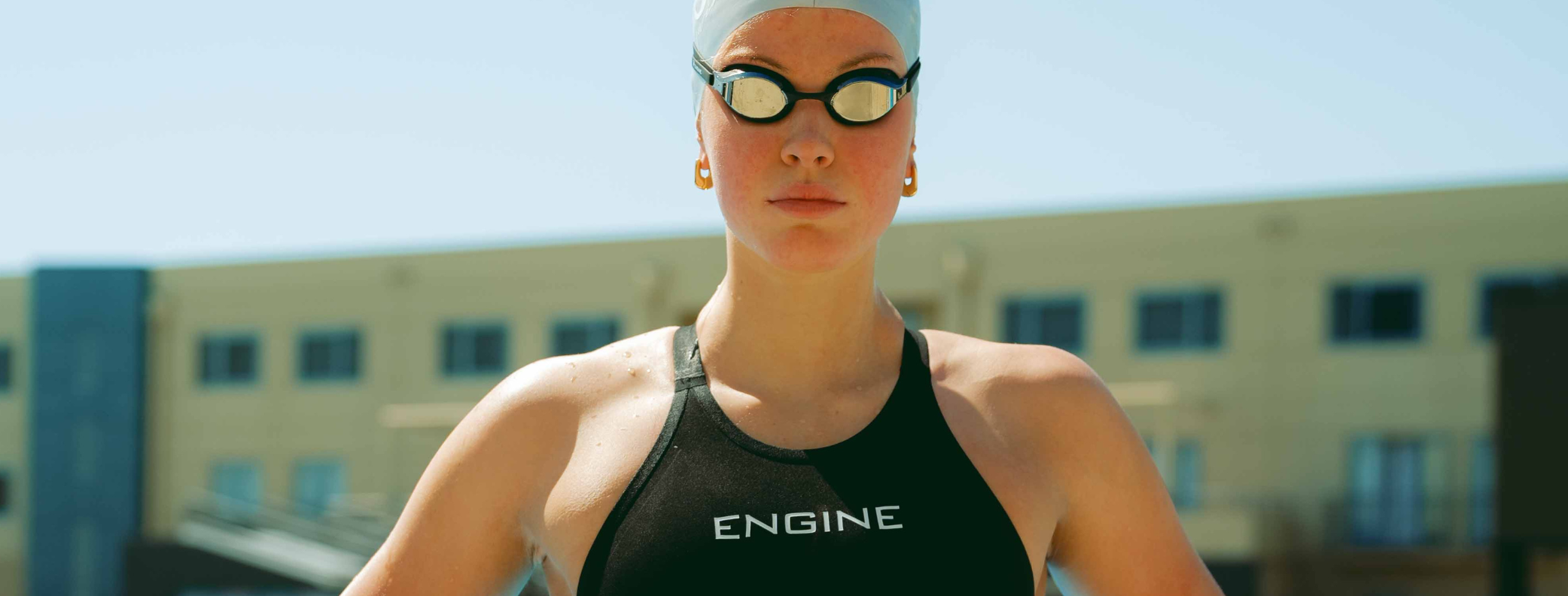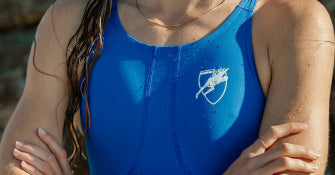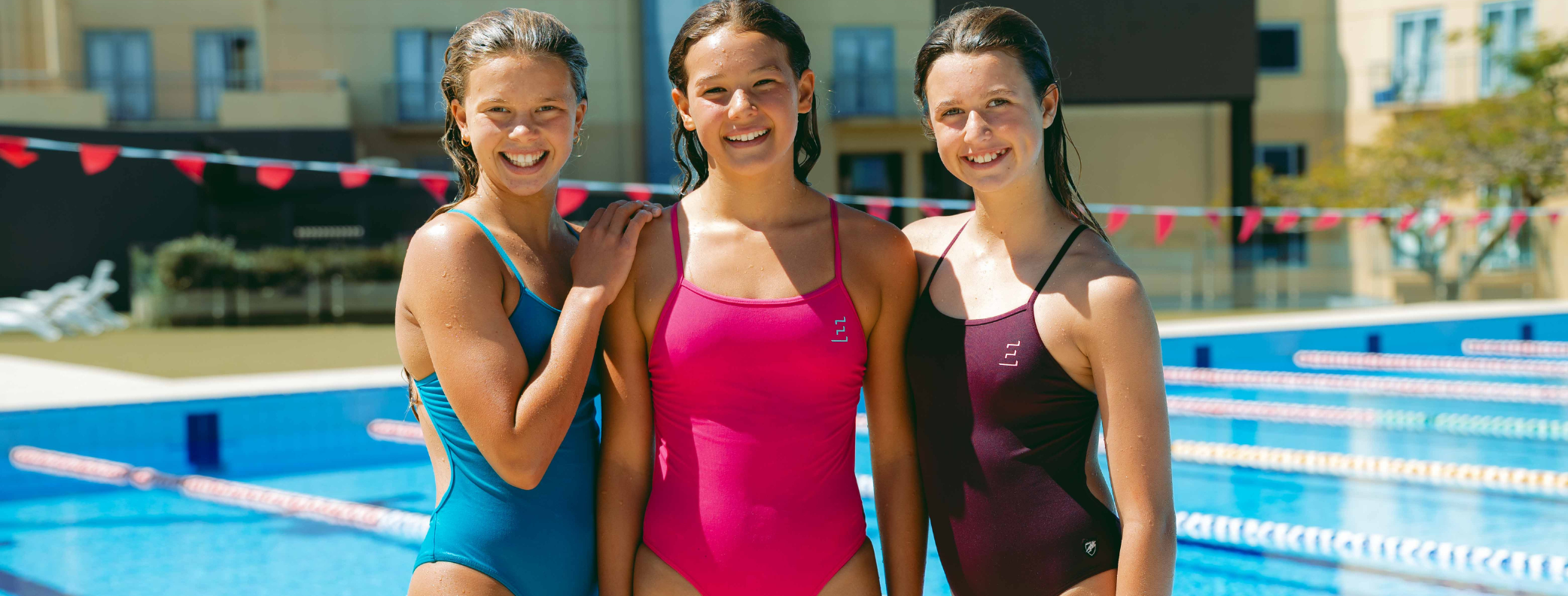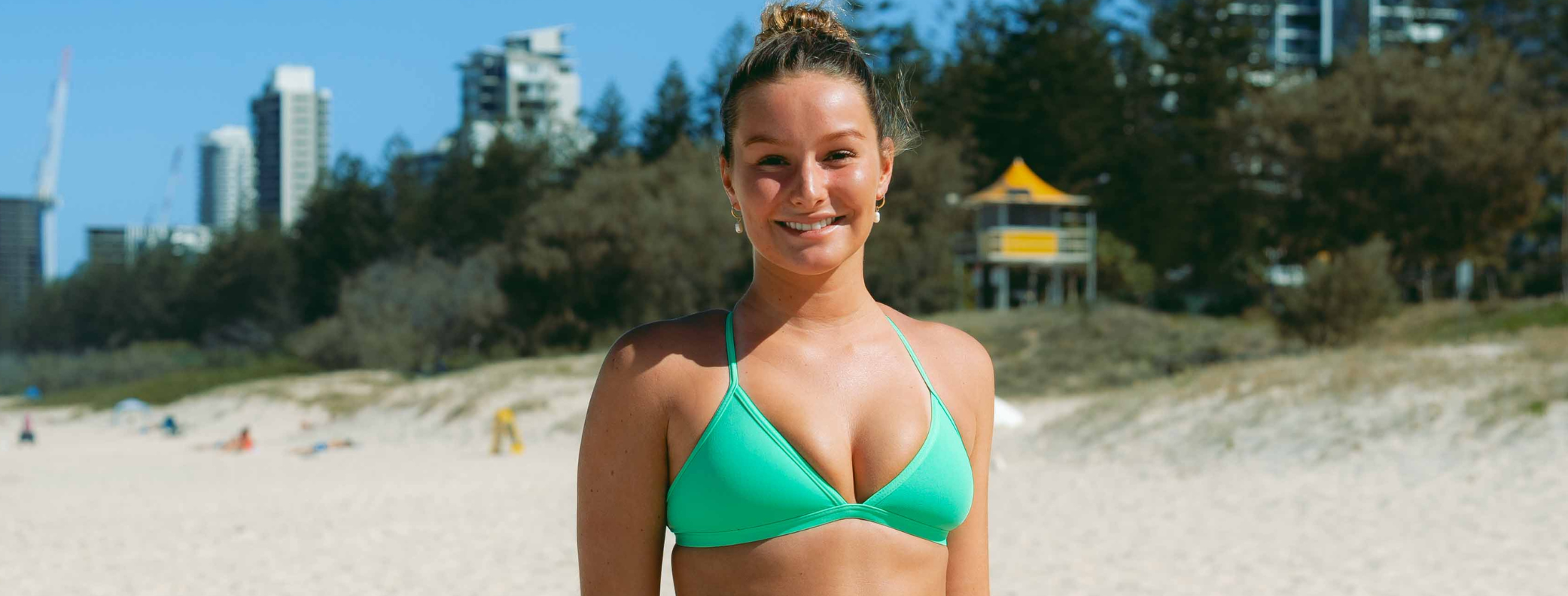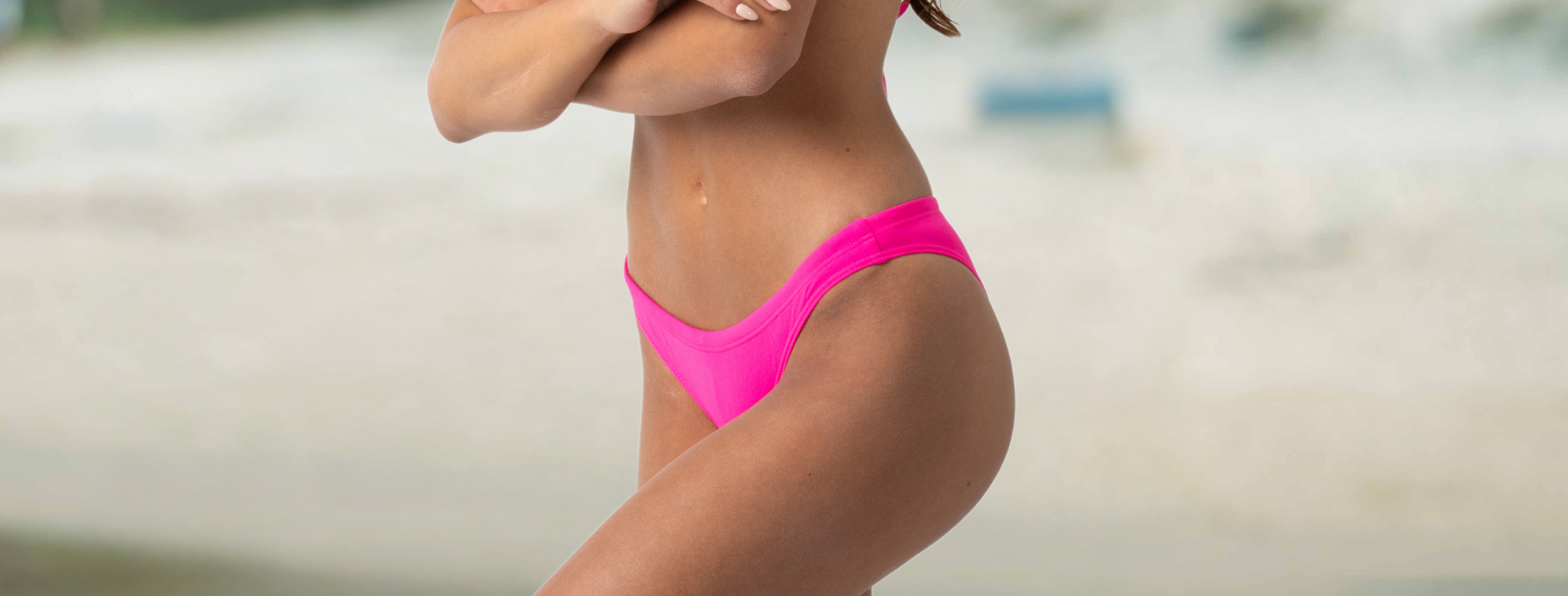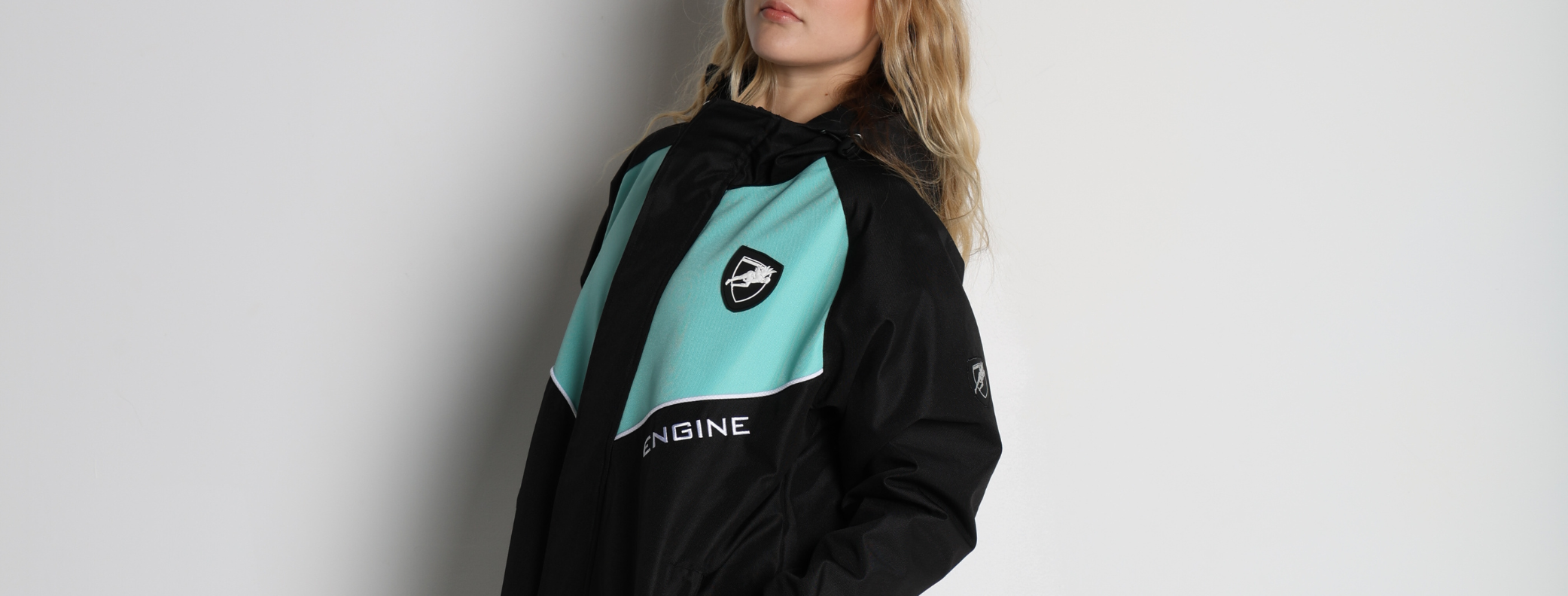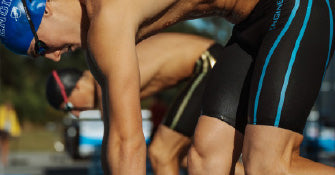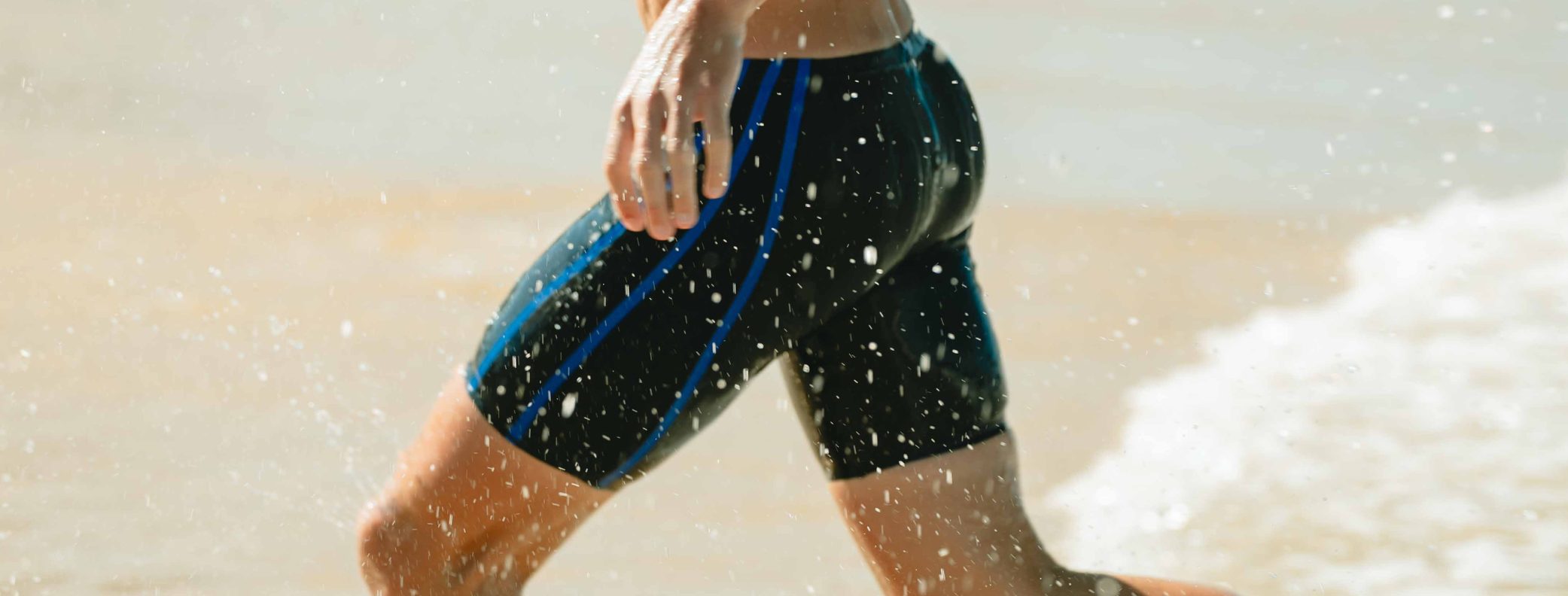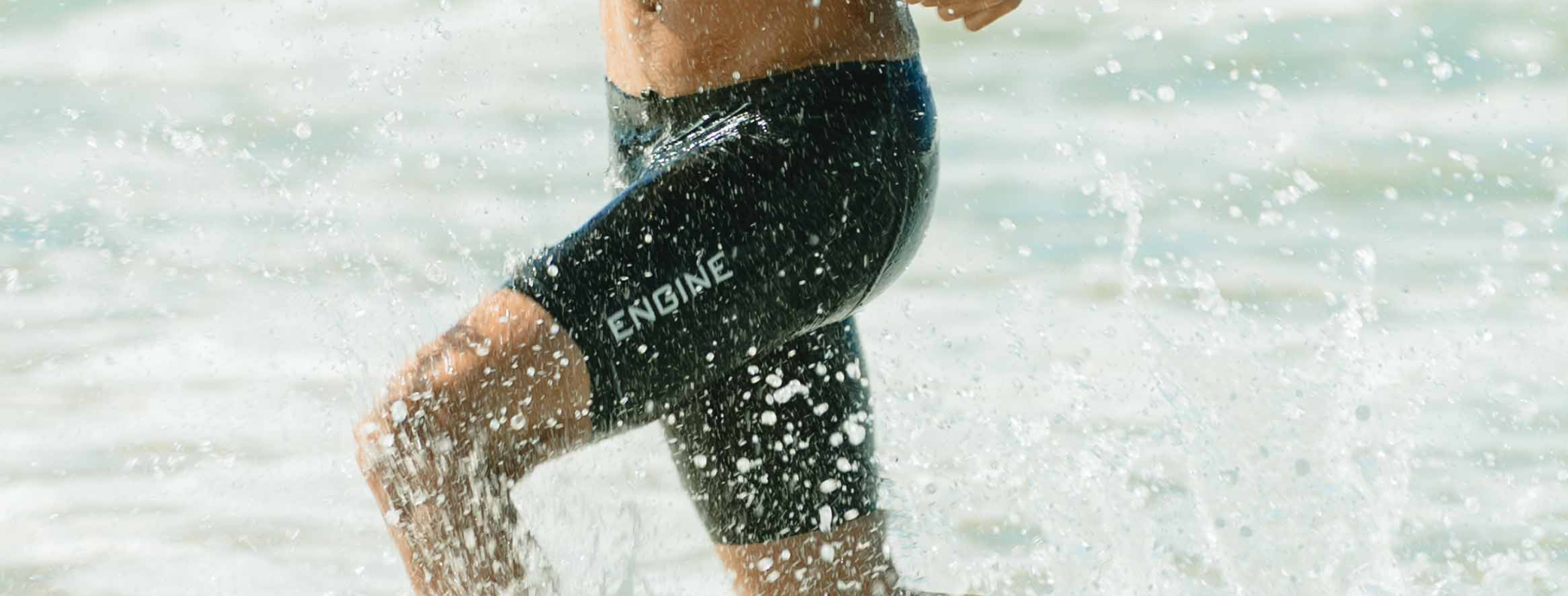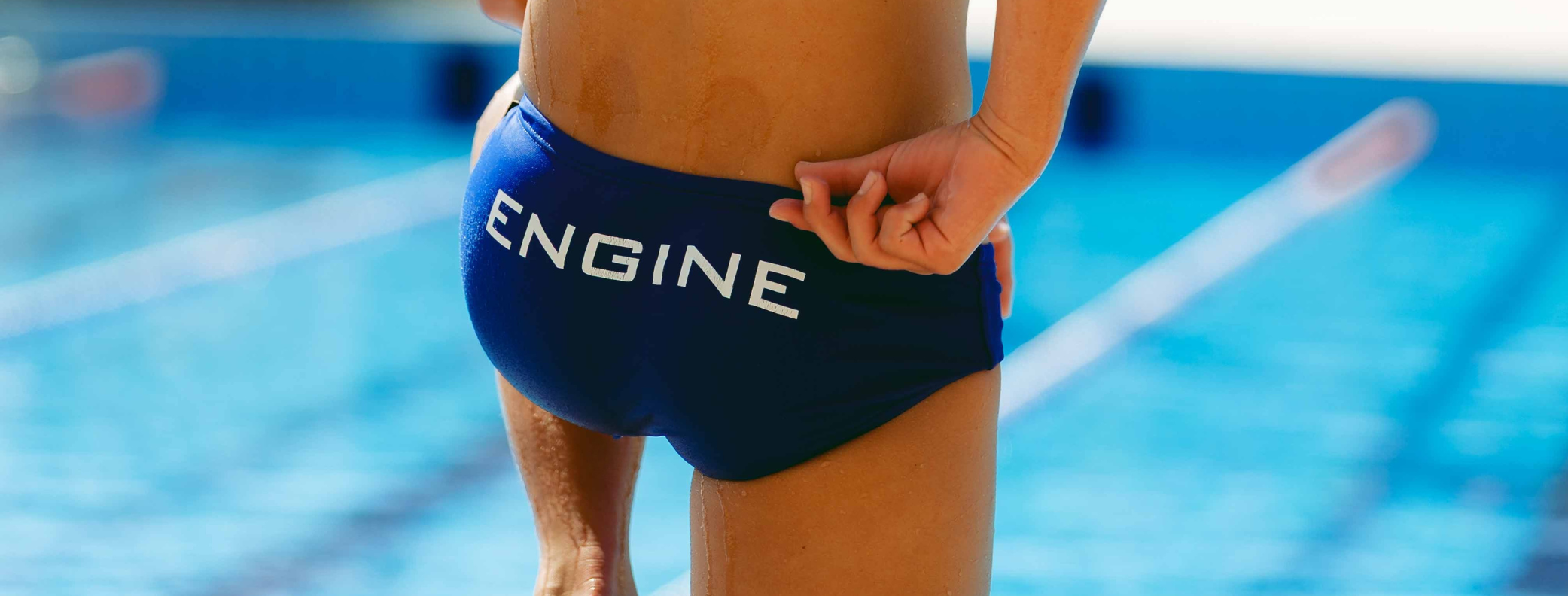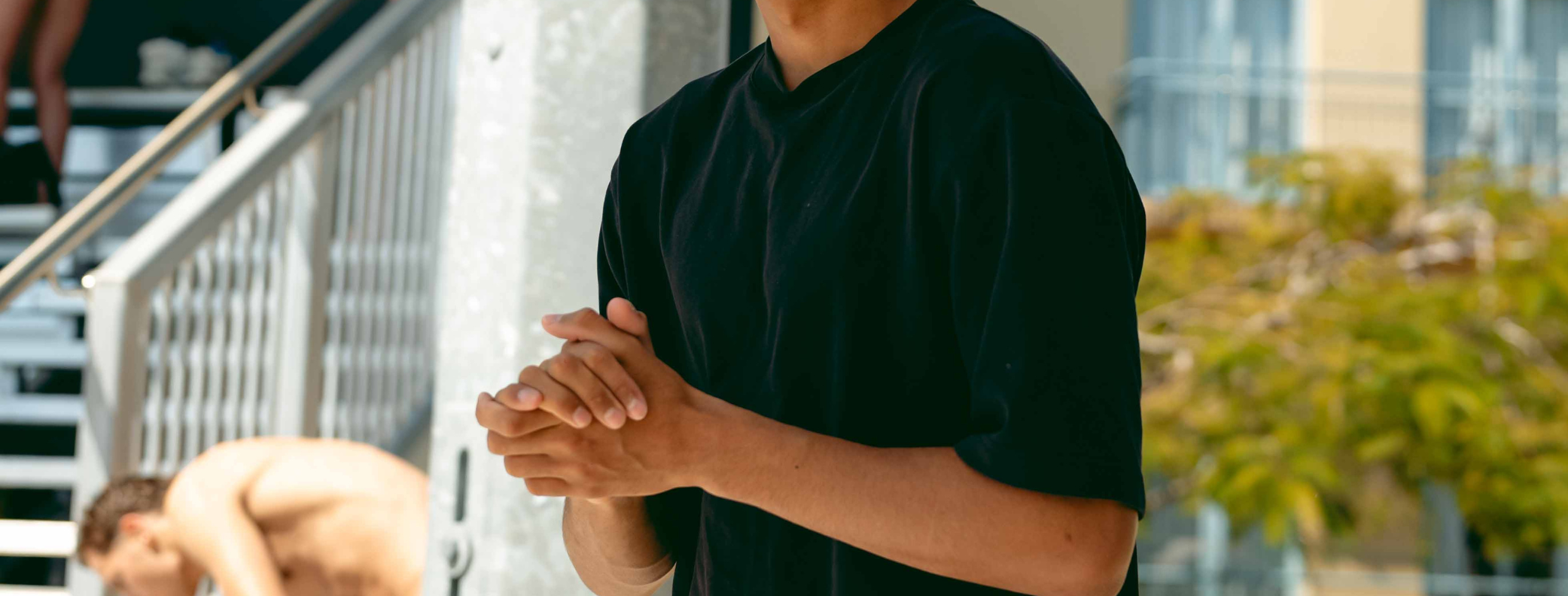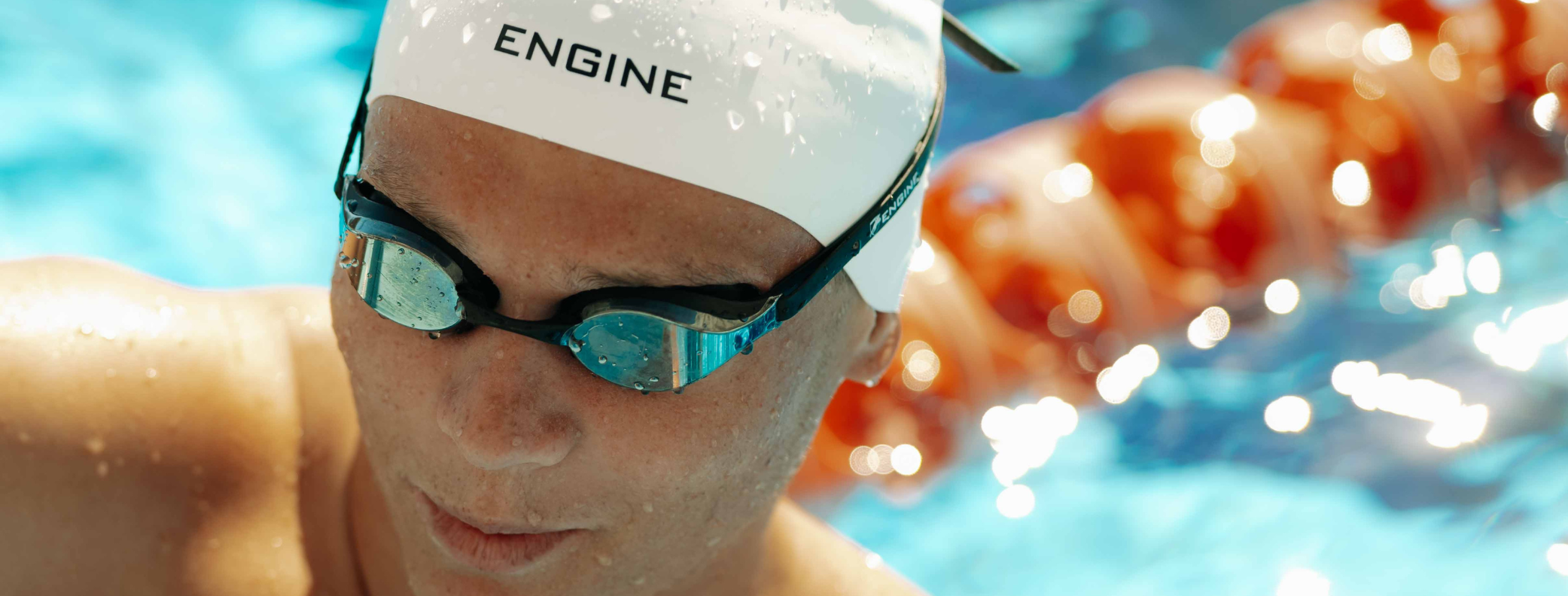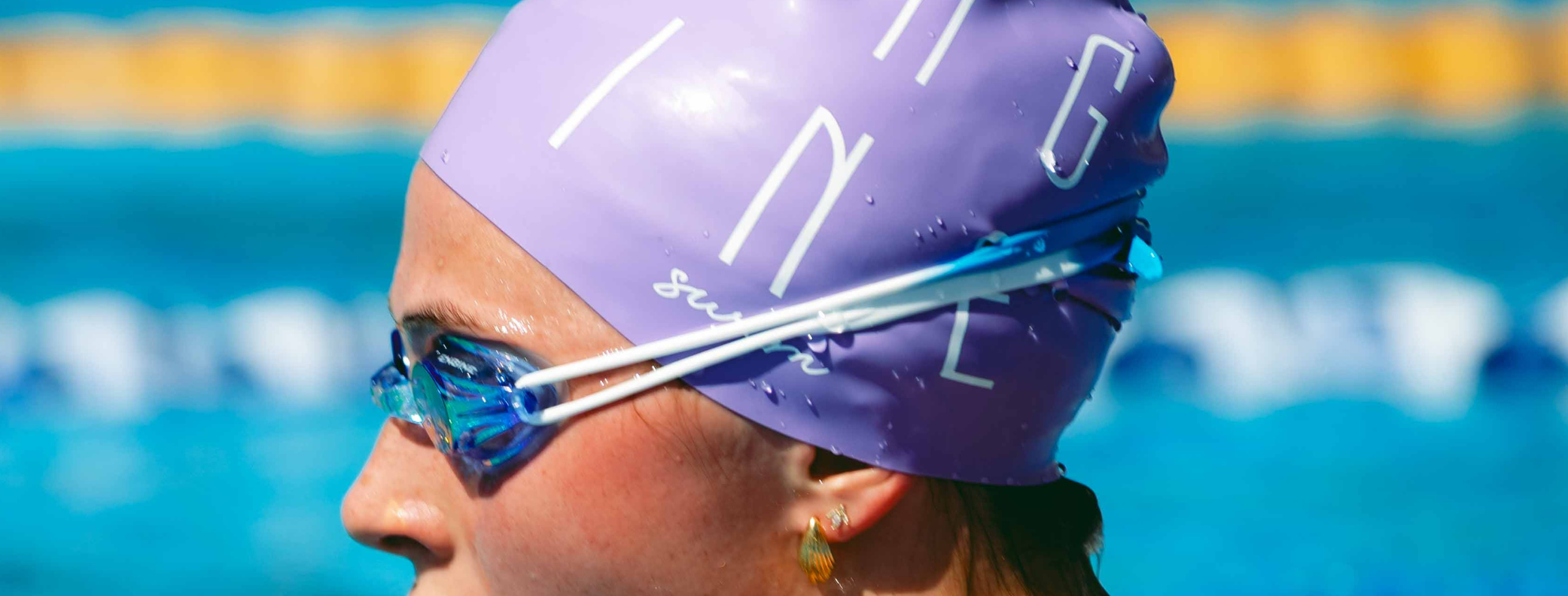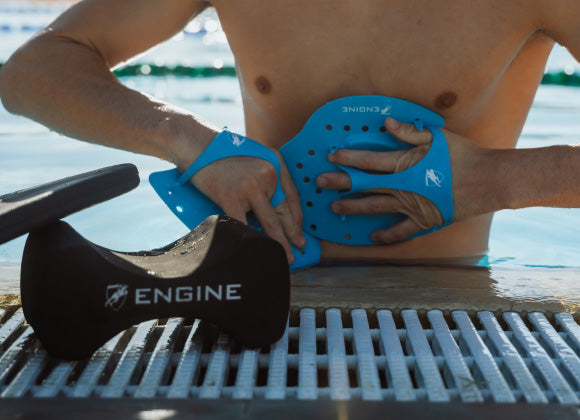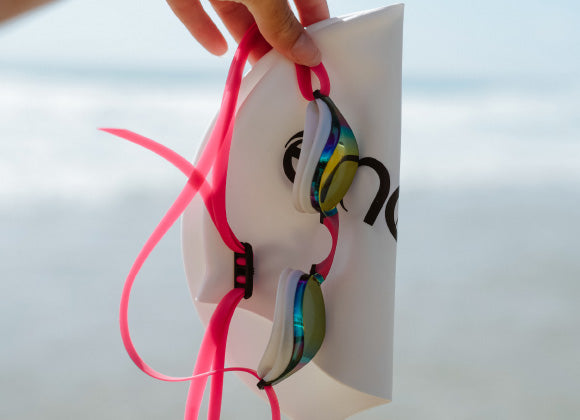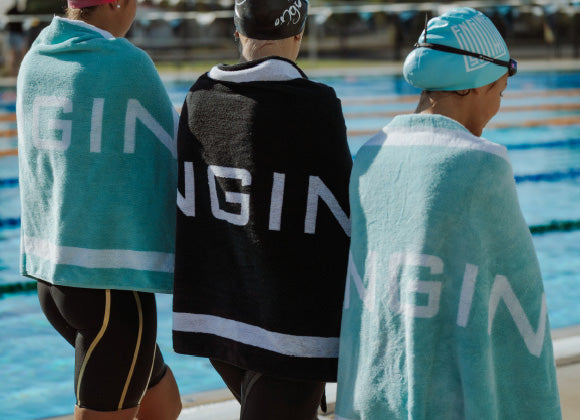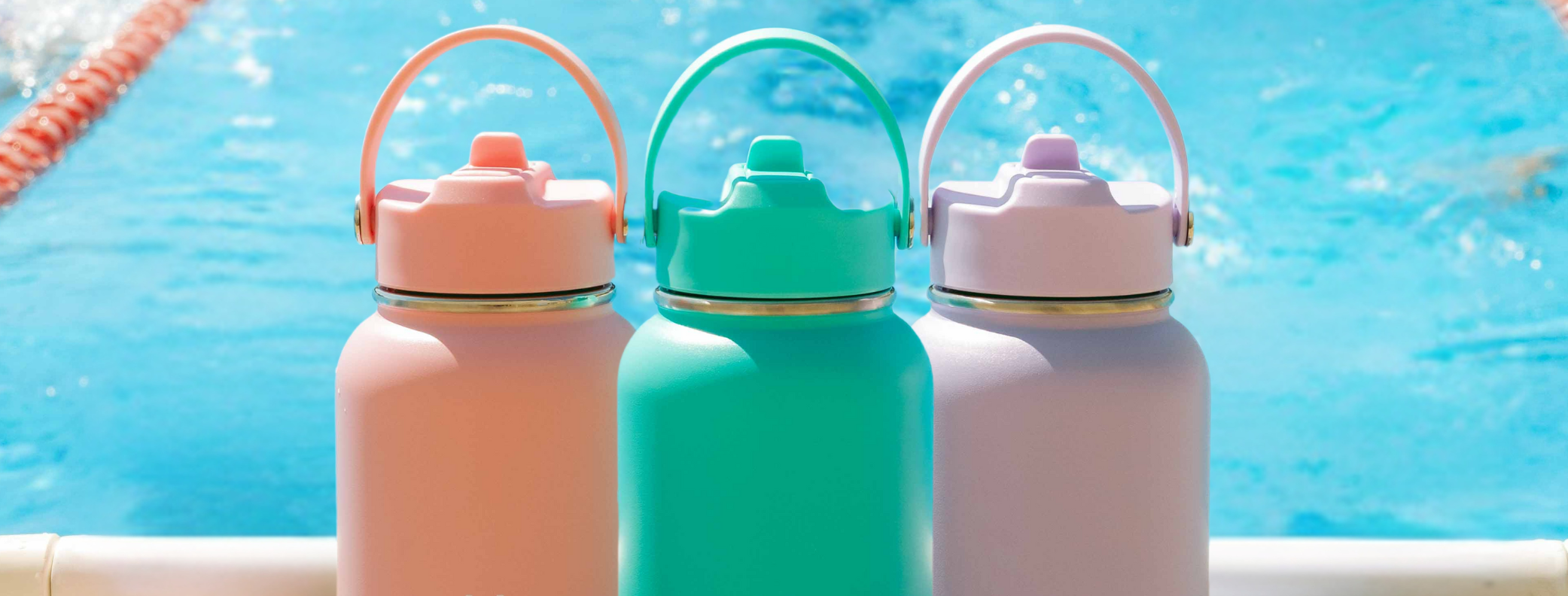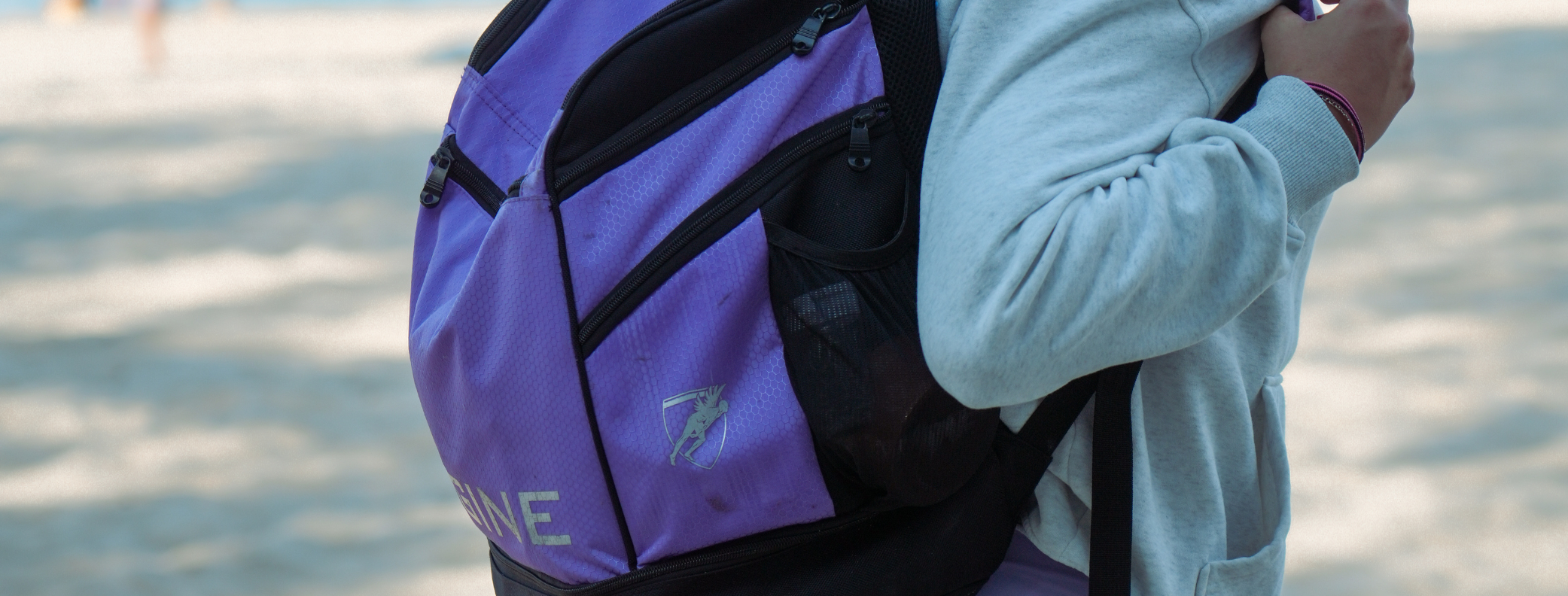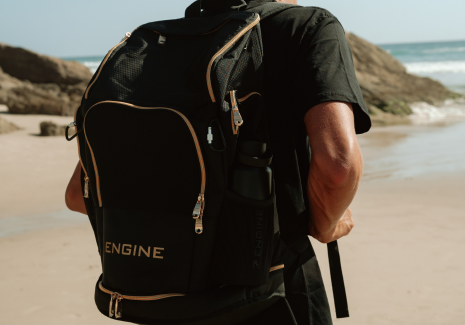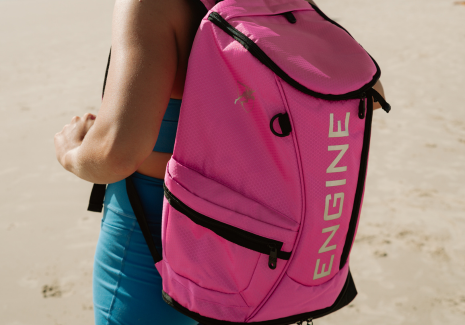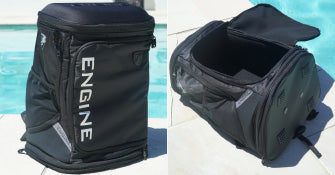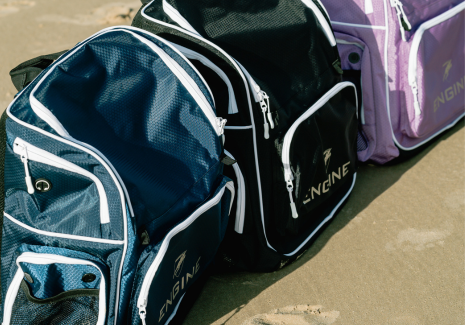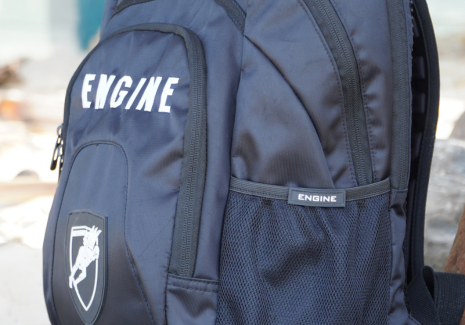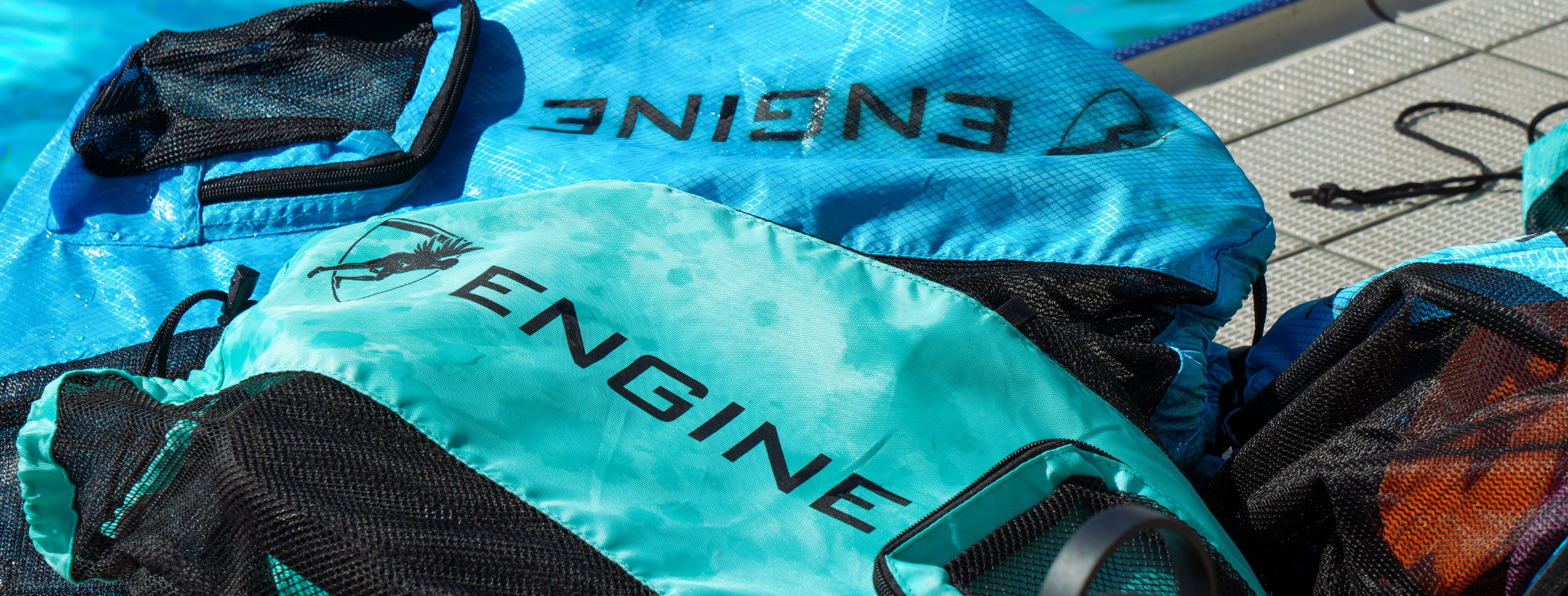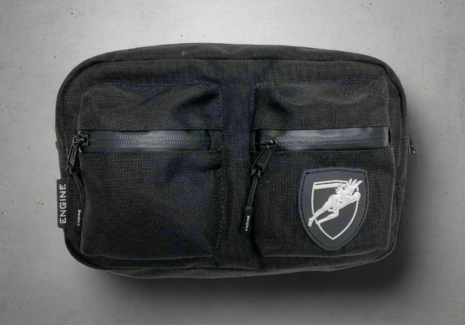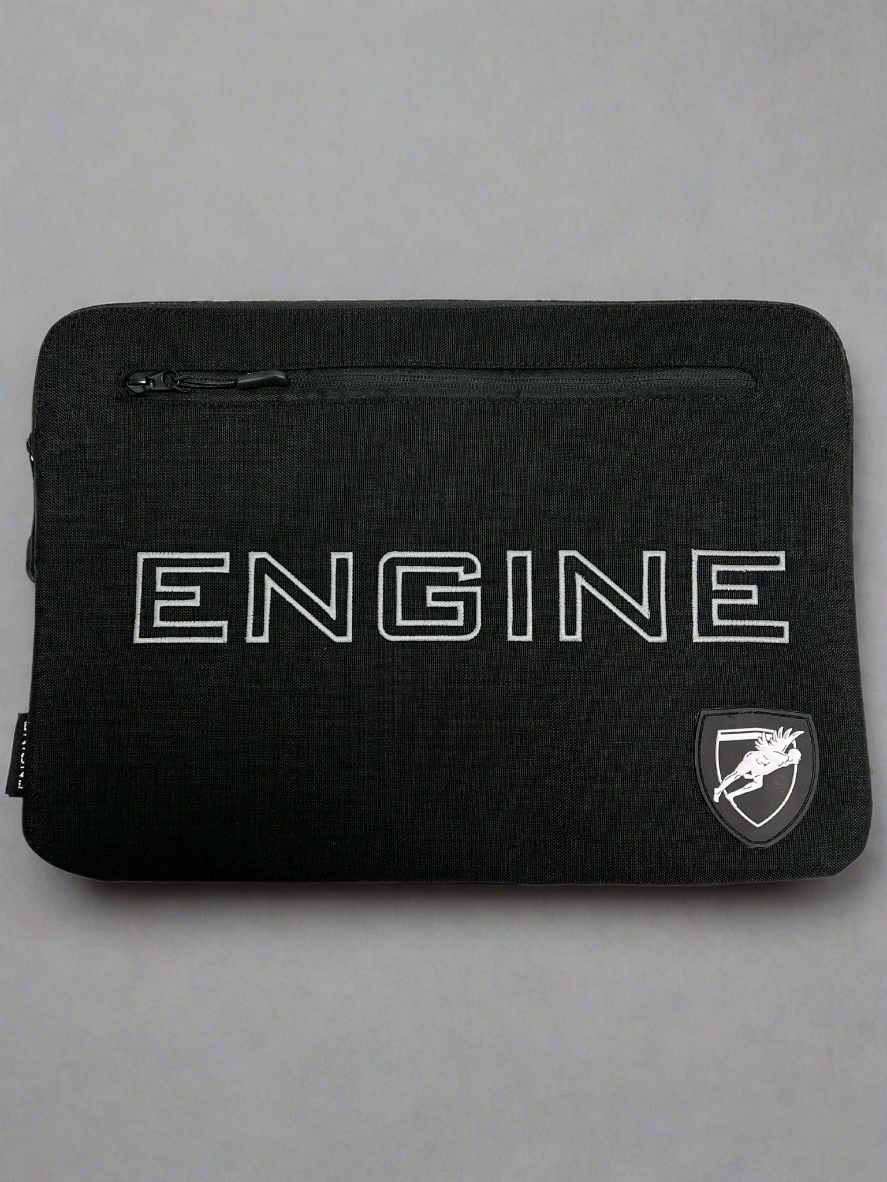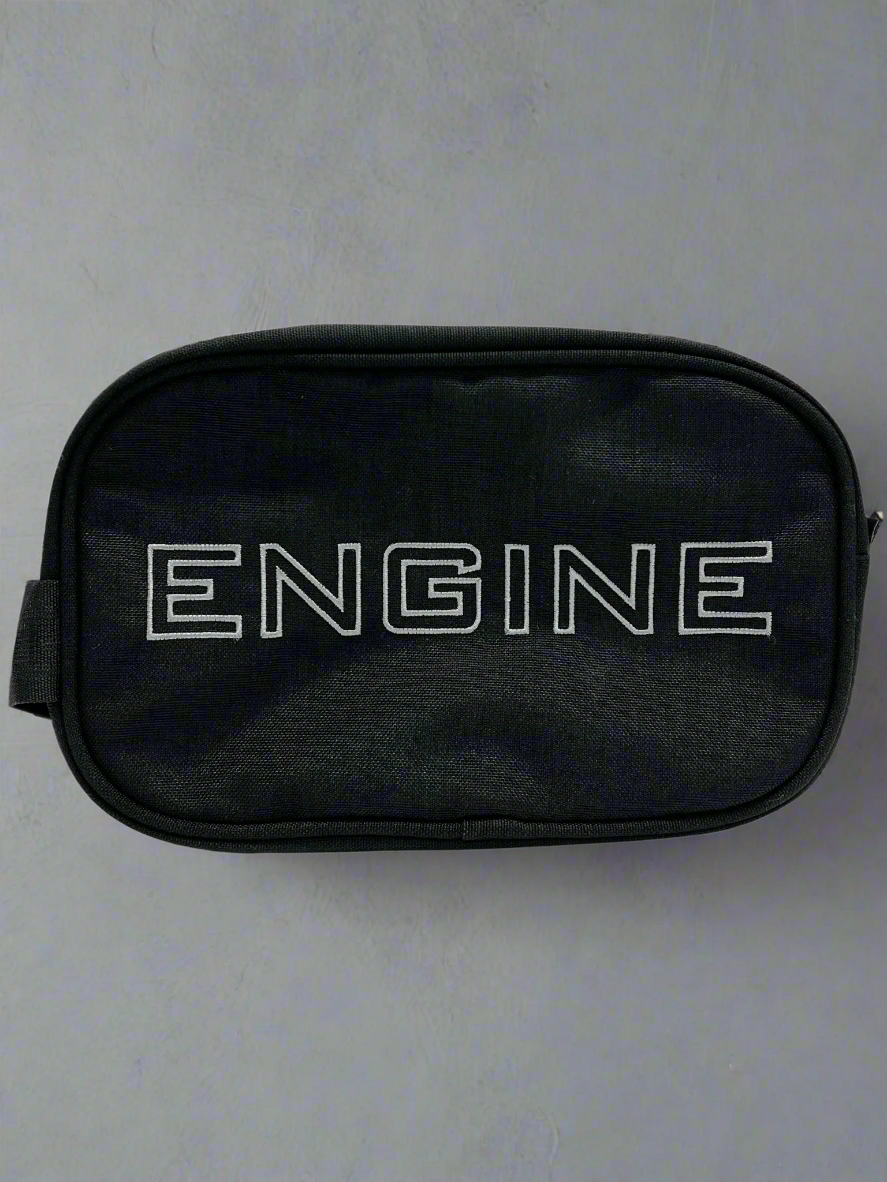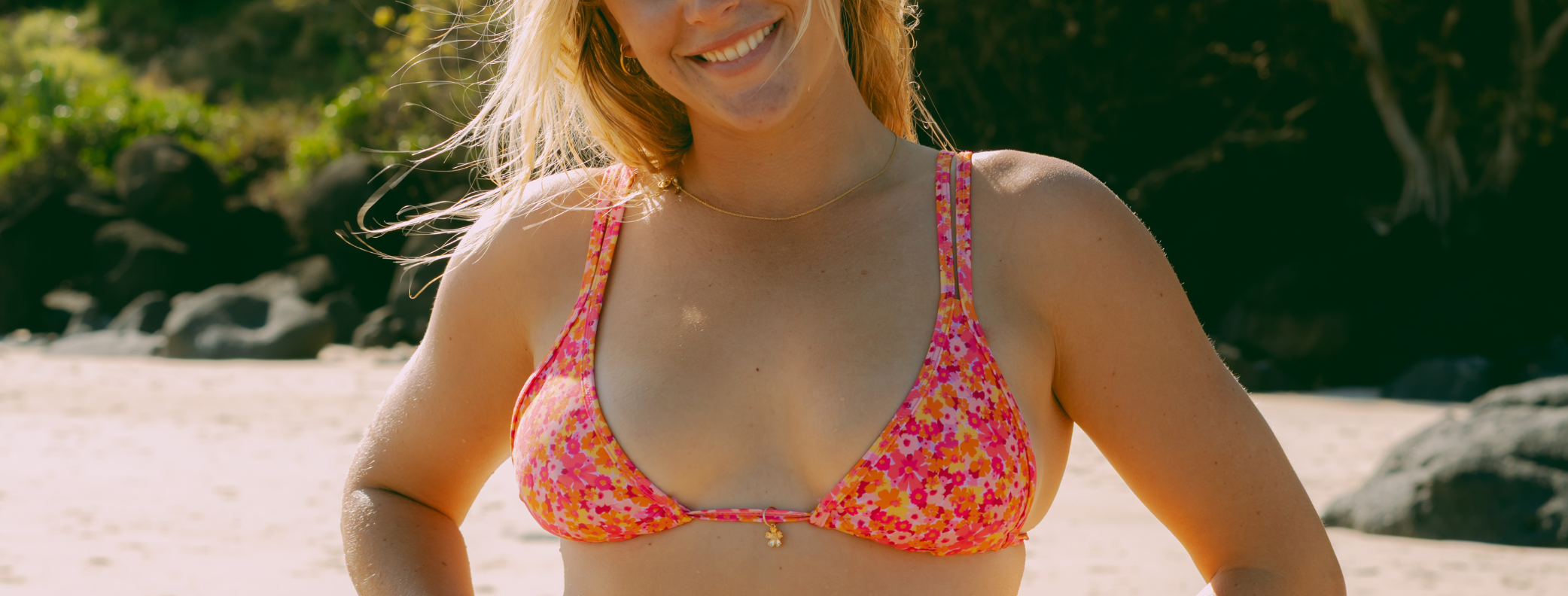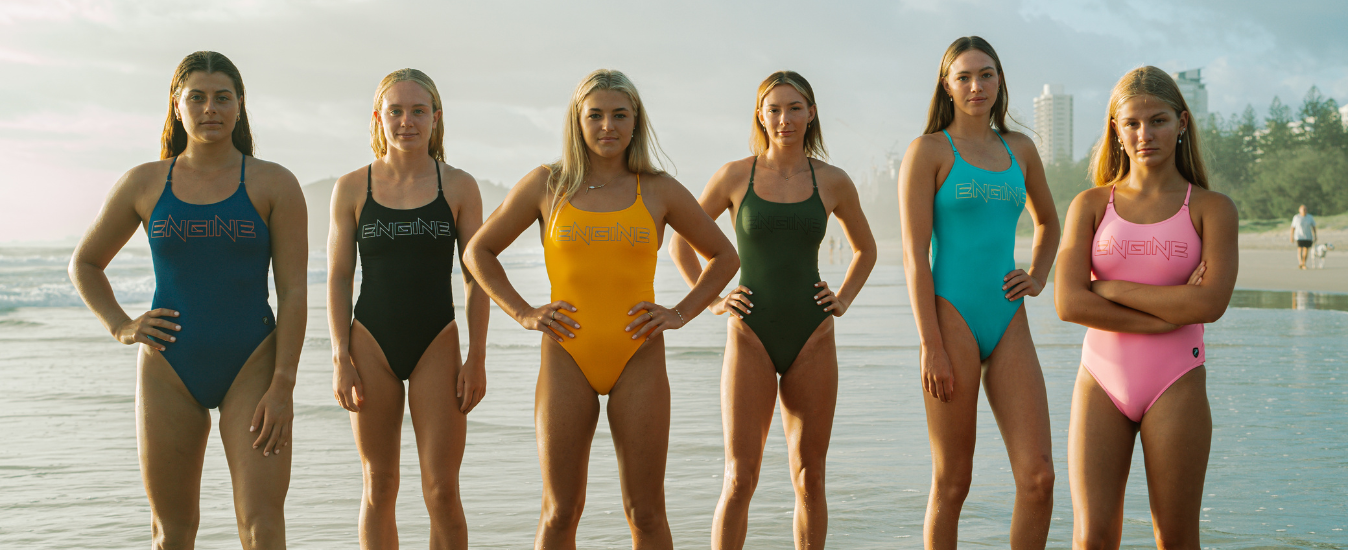Joel Piper on Balance, Grit and Finding Flow

Can you give us a snapshot of what a typical day looks like for you?
A typical day for me consists of getting up at 4.00am and heading to the pool each morning for a swim set, going home for a quick brekky and then head straight to work for 9 hours. After that, I head to the beach for an afternoon surf session and occasional run set. From there I go home and make dinner and jump straight in bed before 7.45pm to get ready to do it all over again!
How do you balance the demands of full-time training, a 9-5 job, and university studies?
Utilising my support network helps ensure I am covering all my bases between work, training and study commitments. I always like to make sure I do something for myself during the day (whether that's going to the beach for a quick dip in my lunch break) to keep my body and mind happy and healthy!
Doing these small actions allows me then to focus on my tasks at hand and doing so with intent.
Are there any lessons from sport that help you succeed in work or study?
The biggest lessons I’ve learnt through sport is resilience, time management and motivation. The highs and lows of training and racing and being a resilient athlete mean that I can also apply this into the workplace when I face setbacks or adversity. Having a rigorous training schedule also means I know how to manage my time, meaning I am more productive and efficient during my work day! Being motivated in sport is driven by my short term and long term goals, which I also like to apply to my work life too.
What are you studying, and why did you choose that field?
I studied a Bachelor of Commerce (Accounting) whilst also working in the accounting and finance sector. For me, I have always loved numbers and analysis in sport, so bringing that over to the workplace just made sense to me. I have always been a nerd with sports, knowing people’s best times and results, which was easily adapted to life being an accountant.

How has being an athlete influenced your academic journey, or vice versa?
My academic journey has never been linear. Moving to the Gold Coast in 2024 meant I was moving away from the University I was studying at. This made it difficult at times to ensure I was on top of course content and not falling behind. Luckily, being an athlete meant that I had the tools to take proactive steps in reaching out to lecturers, support personnel and classmates to ensure I was up to date with my studies. Likewise, my studies and workplace highlighted the importance of being part of community, which is a necessity for any great athlete. Having a supportive and healthy environment is pivotal to any surf club, and I am glad to have that under Michael King at Burleigh Heads Mowbray Park. Although it is an individual sport, I know that we are only as successful as the team we have supporting us every step of the way!
Any tips for other student-athletes who are trying to balance university with elite sport?
Don’t let anyone tell you that you can’t do something. For most of my academic journey, I was told that I would not be able to cope working in a finance role and studying full-time whilst also trying to be a Professional Athlete. For me, I saw this as a great opportunity to prove to myself that I am able to balance training with work and studies if I had effective management, a resilient mindset and a supportive team behind me every step of the way. For me, my parents, coaches, family, partner and friends have backed me the whole way and their support means the world.
What keeps you going on the hard days when everything feels overwhelming?
Honestly, just bringing everything back to the basics. I remind myself of everything I am grateful for; my partner, my friends, my family, my life and the opportunities i’ve been given. Being an athlete will also bring about different challenges, whether that be mental or physical, so I like to be present and acknowledge that I’m overwhelmed or anxious. Acknowledging these emotions helps take the power away from them and reset my nervous system. I also like to just take myself away from my athlete life, doing things that make me feel good and sometimes just like a regular person (going to the beach, going out for dinner, watching Netflix).

What’s one thing you’ve learned about yourself through this journey?
Belief and confidence will take you to where you want to go. I felt like for a long time I had done everything right physically and was in a great patch of form. However, the mindset of trusting and believing that I am deserving of success was not there, and with that came disappointment with most races. Finding small mantra’s and queues that gave me confidence and trust before I start the race have helped me feel like I deserve to be racing against the best. I have also learnt that pressure is a privilege… not everyone feels that insurmountable external pressure, but now I lean into it and take it into my racing as a privilege.
What advice would you give to young athletes who want to pursue elite sport while studying or working?
I was always told as a kid that sport comes third in life; behind family and studies. I still agree with that today. If you want to be a successful athlete, I think you should have a healthy balance with school/studying or a job. Sport is a great thing that provides so many great memories and moments, but finding other avenues in life that bring you sources of joy and happiness are just as important. If you are willing to be organised and well structured, nothing will stop you from achieving your dreams, inside and out of sport.


